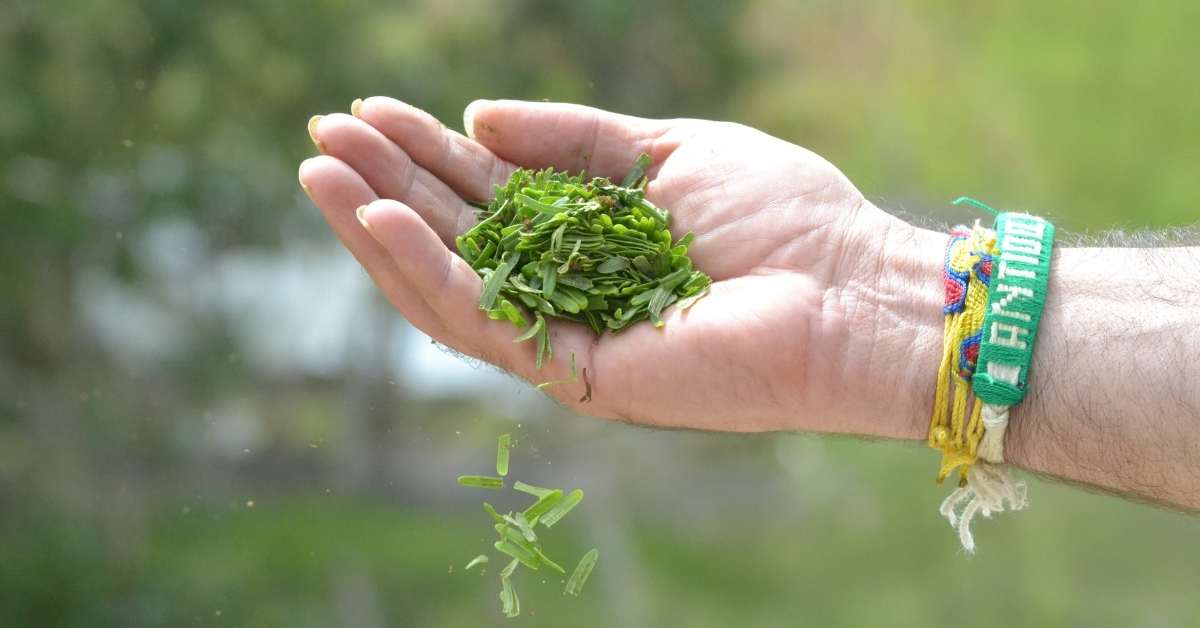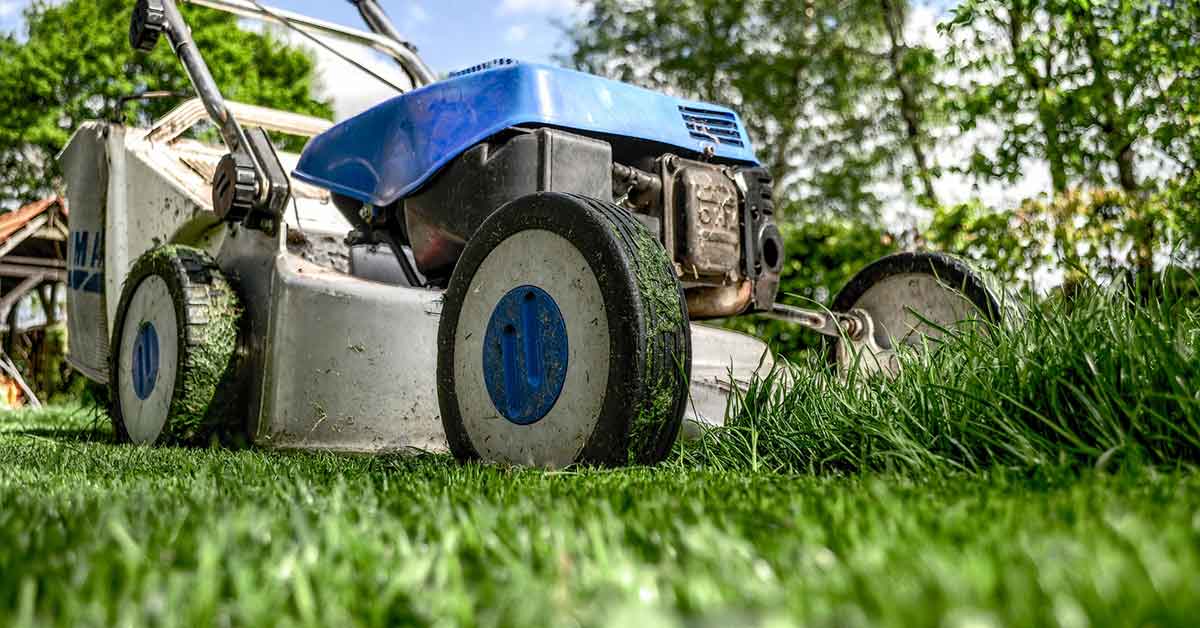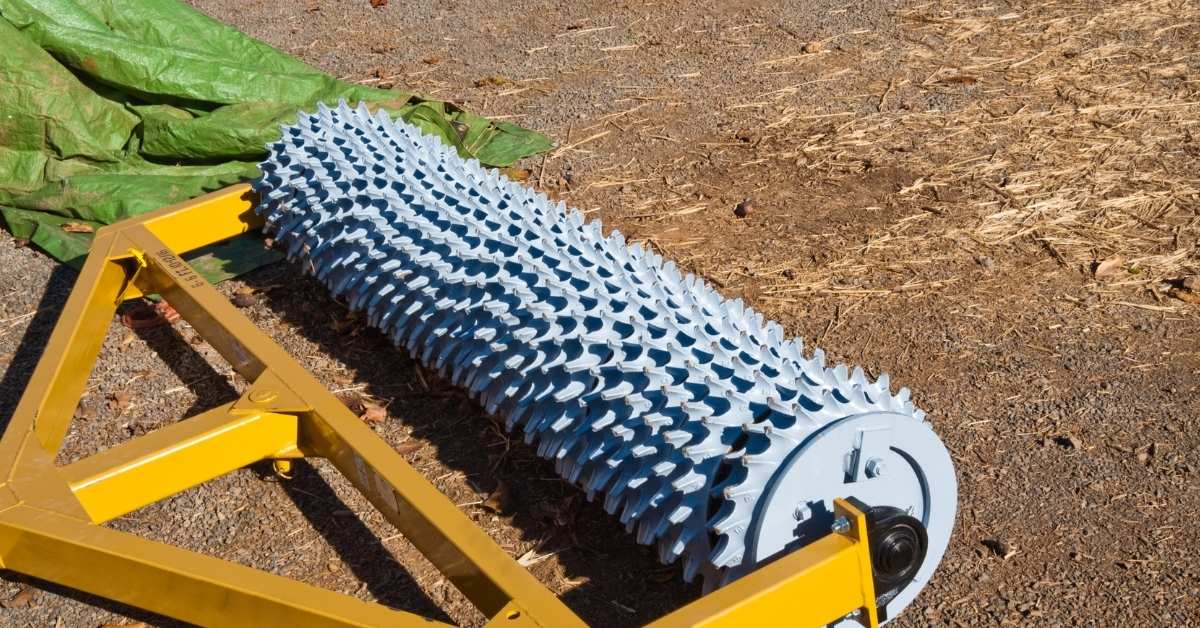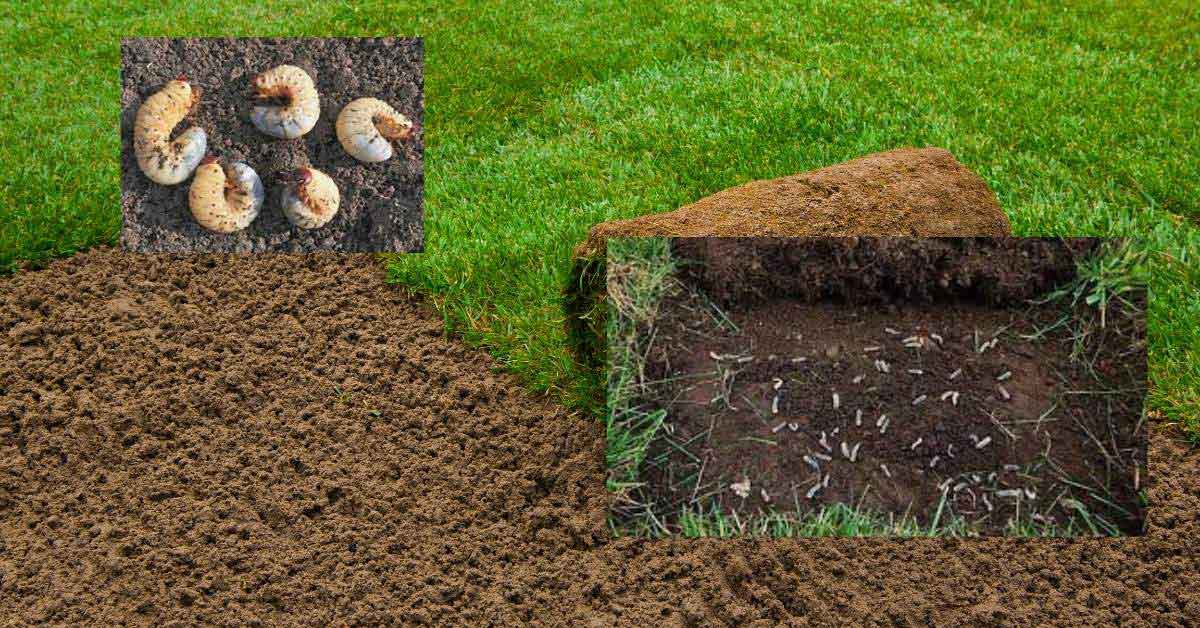Natural lawn care methods can help maintain a healthy lawn without disturbing the balance of planned life and wildlife in your area. Lawns absorb a lot of water, and this helps to improve your water quality and prevent some storm runoff.
Lawns also cool the area of soil they grow in, trap dust and dirt, provide oxygen, and promote healthful micro-organisms. A hardy lawn will help filter the contaminants usually present in rainwater, which can help prevent soil erosion.
But lawn care has cost the environment a lot. The U.S. National Wildlife Federation estimates that sixty percent of water usage on the west coast is used for watering lawns. The figure is smaller on the east coast but is still near thirty percent.

And when you haul off things you don’t want in your yard anymore, like dead trees and old shrubs, that contributes to the amount of solid waste your area has to contend with. Eighteen percent of solid waste in many regions is yard waste.
And that’s not where the harmful effects end. When you figure the use of lawn machines by the hour, a gas lawn mower emits more than ten times as many hydrocarbons as the typical car.
A gas weed eater emits over twenty times more than a car, and a gas leaf blower over thirty percent more. And in areas where pesticides are broadly used, they kill sixty to ninety percent of earthworms. These are important for the health of the soil.
How to maintain natural lawn care?
How can you make a difference and still maintain a healthy lawn? By implementing earth-friendly, natural lawn care. You can reduce your dependence on chemicals by producing and maintaining a healthy lawn. It will be more resistant to diseases, insects, and weeds, naturally.
Improve the soil your grass grows in by testing the soil pH level. If it’s too acidic, you can solve that by sprinkling lime. If it’s not acidic enough, you can add sulfur. While you’re testing your soil, take a sample to your local extension office, where they will usually test it for free. Lawns prefer somewhat loamy soil with a mixture of sand, silt, and clay.
Too much clay in your soil may cause it to become compacted, but you can use an aerator to improve the oxygen levels in your soil. If you use a manual aerator or do the plugs yourself, this is an effective means of natural lawn care.
Make sure your yard is planted in grass that is naturally suited to your area. Rather than force artificial grasses to grow in your yard, you can use natural lawn care methods to grow the grass that nature intended to be there.
If you mow often and not too short, this also allows your lawn to grow in a more healthy manner than cutting it too short, which leaves it open to scorching and burning. And water no more than your lawn needs it – don’t waste water or risk your yard rot. By using these forms of natural lawn care, you can have the healthiest lawn at the least cost to the environment we live in.


